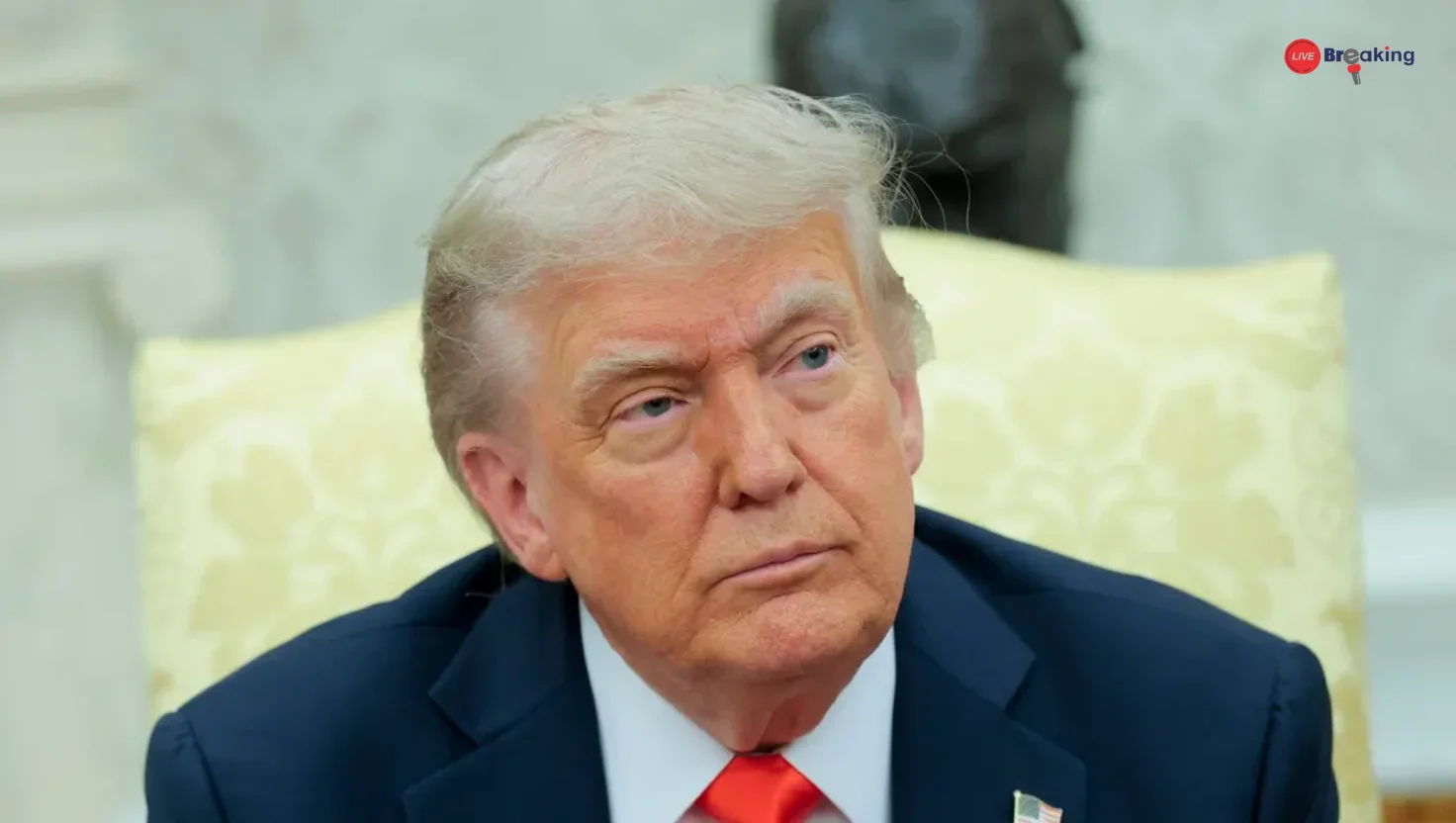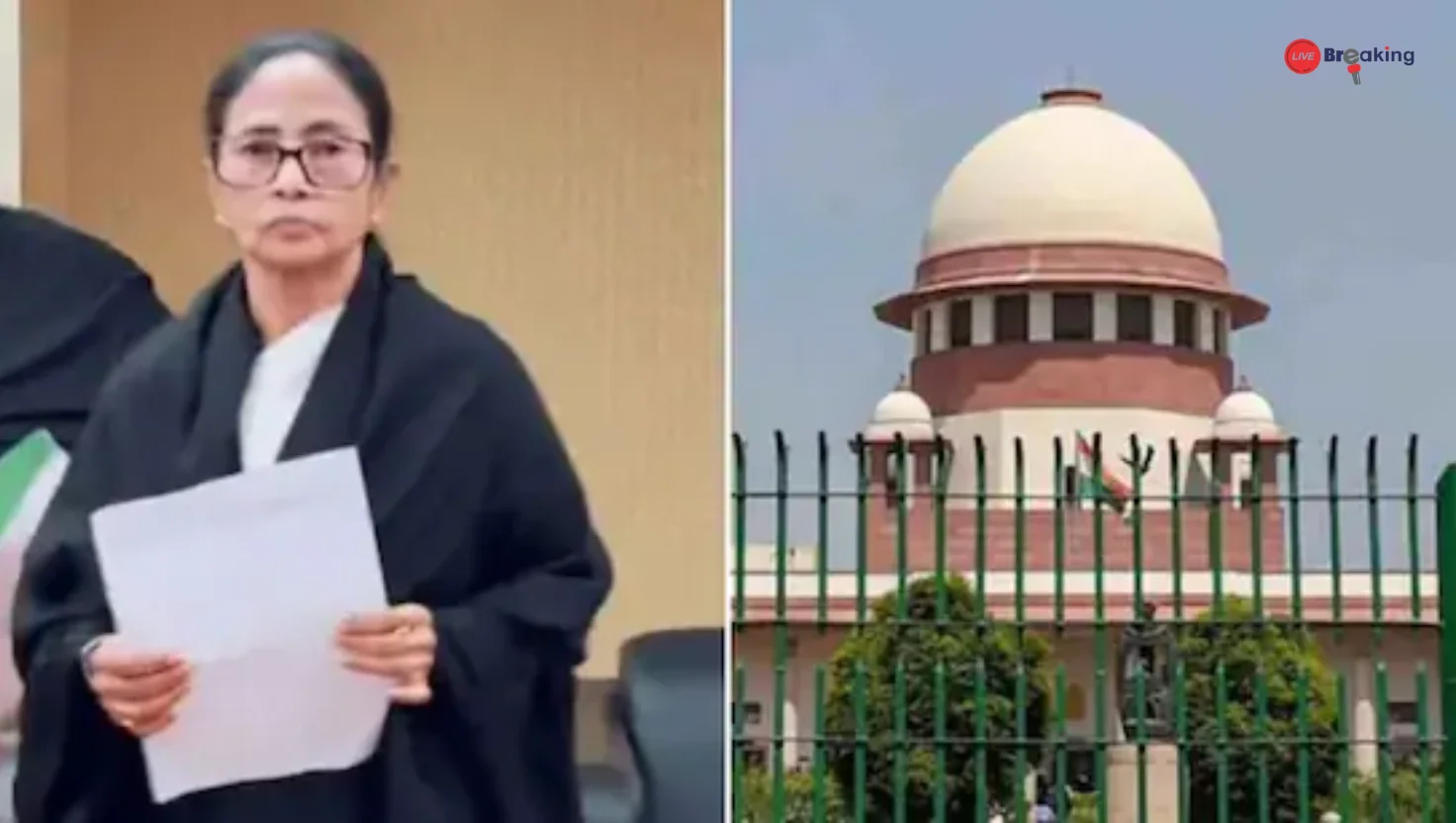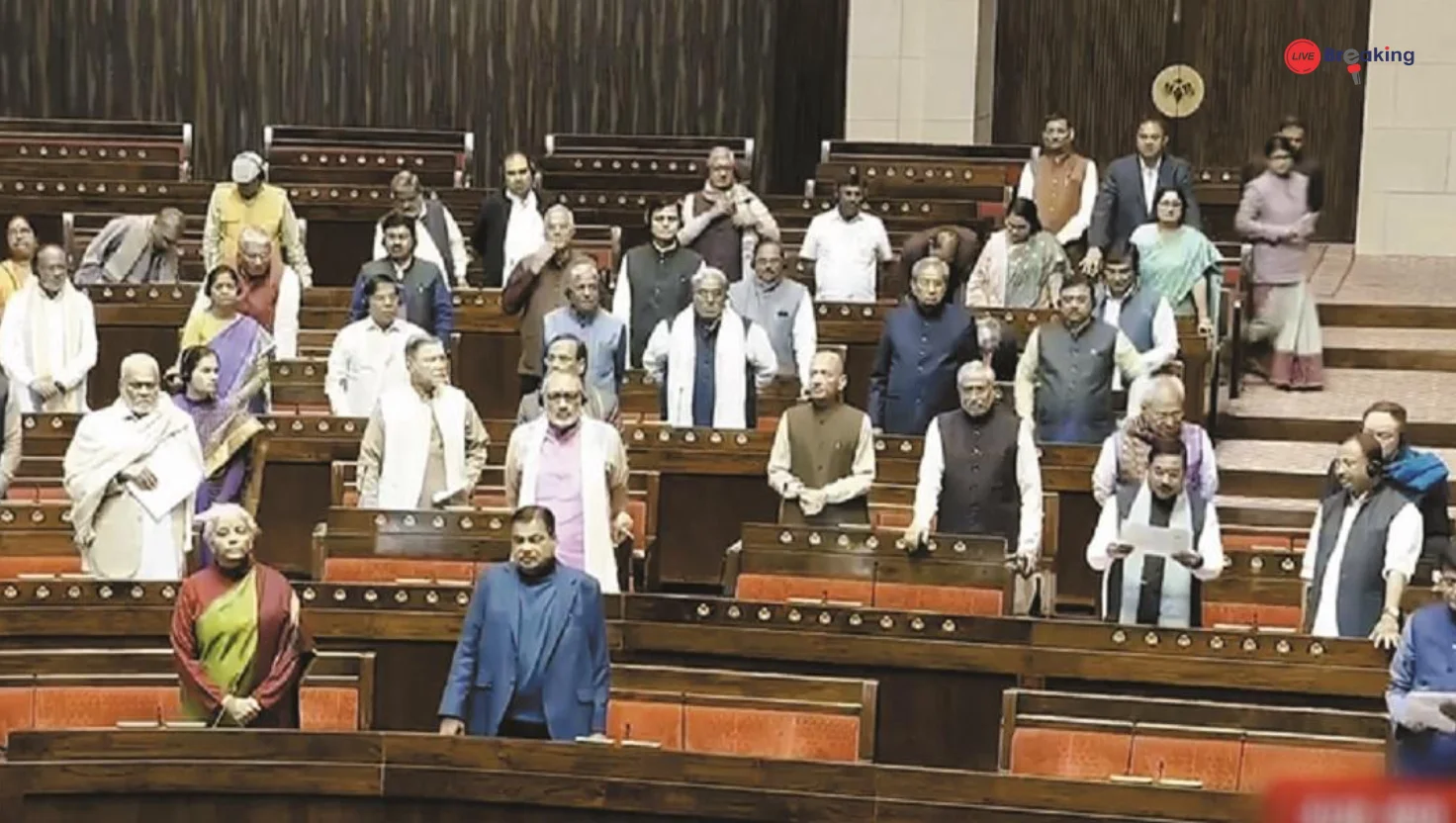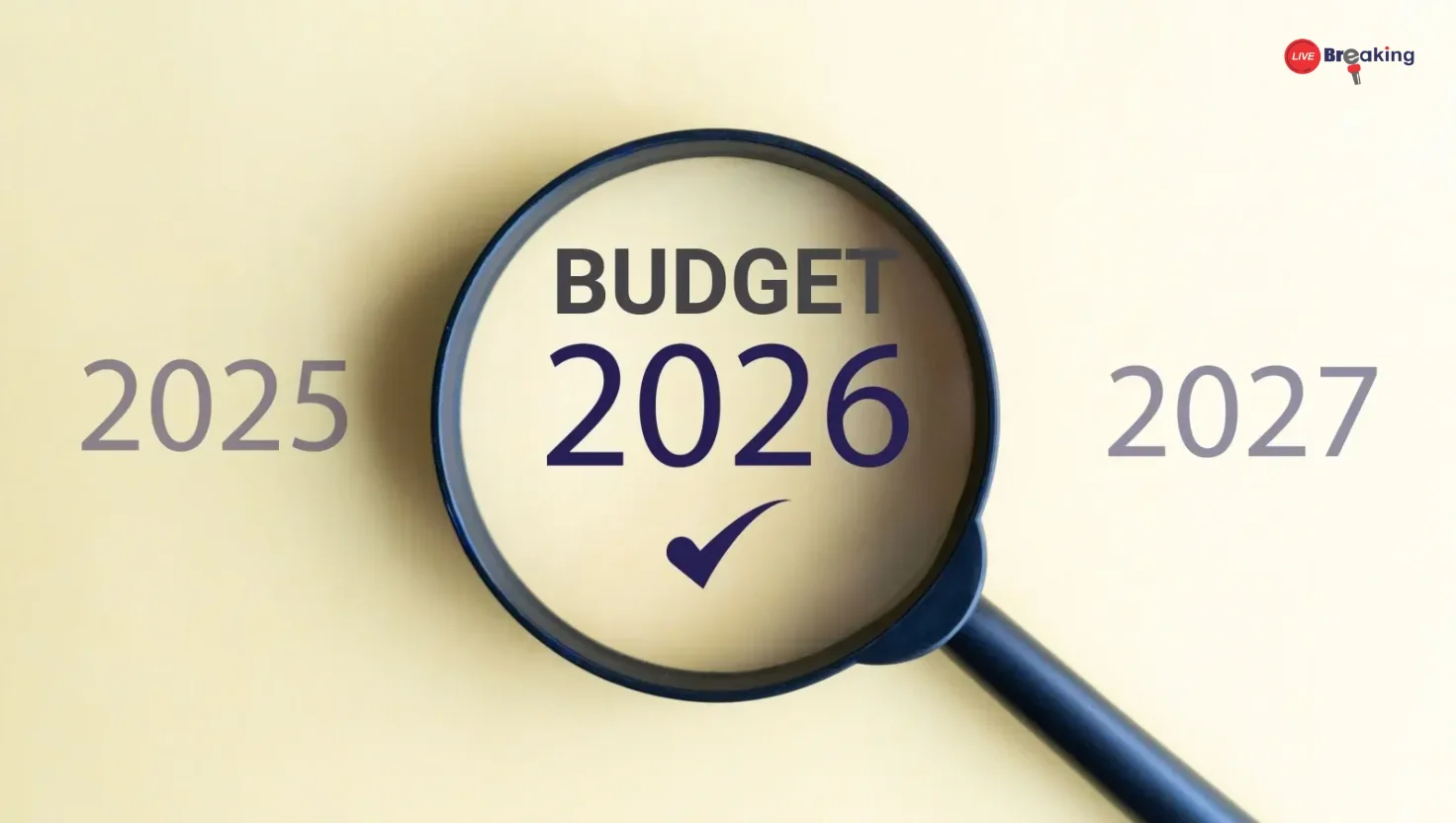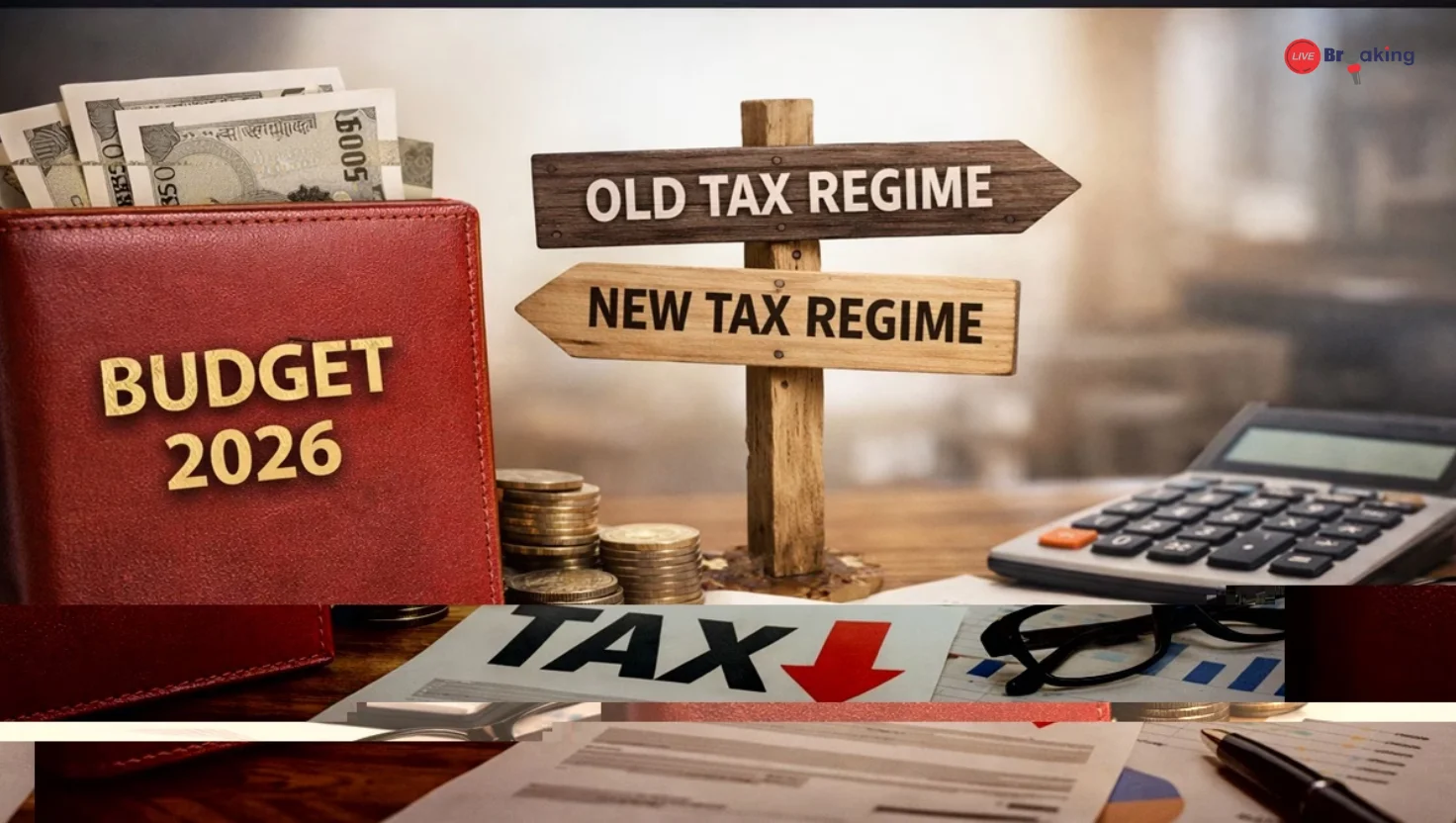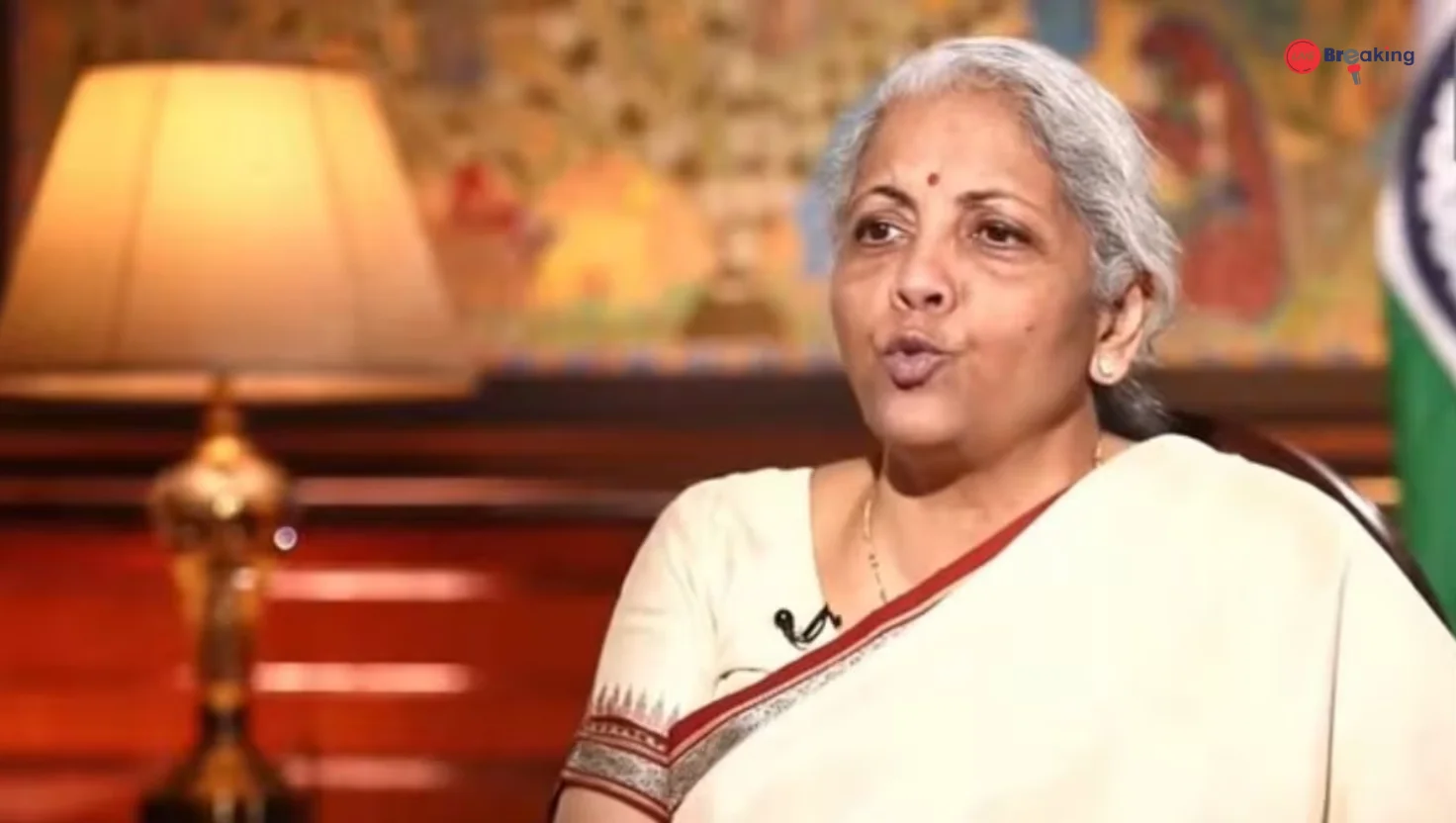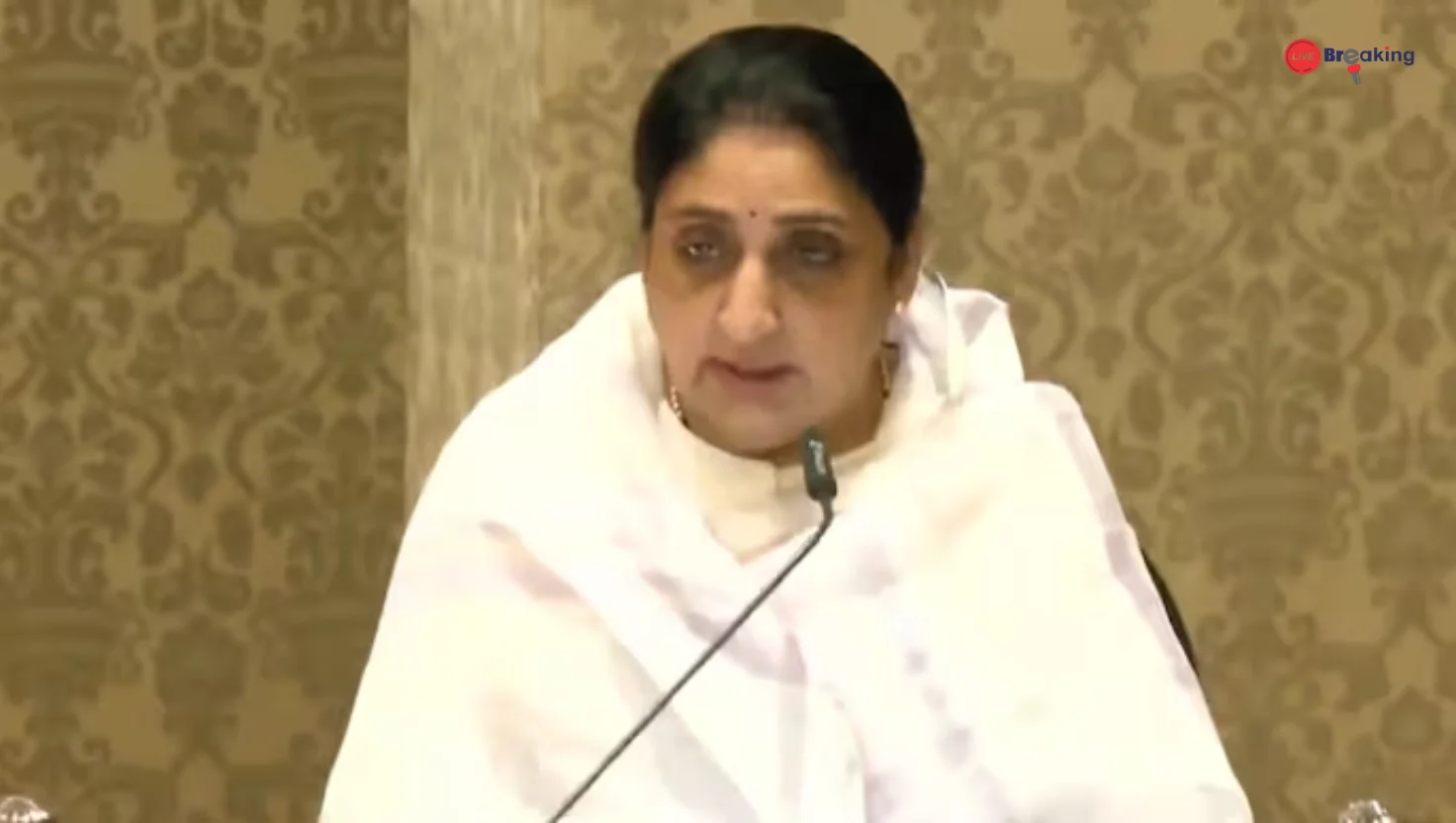Trump Administration Proposes To Scrap H-1B Lottery System, Floats New Rules
The Trump administration has once again turned its attention to the H-1B visa program, which remains one of the most sought-after work permits for foreign professionals, particularly from India. The government has signaled its intent to scrap the traditional lottery-based system and replace it with a merit-driven framework. This move, if implemented, would mark a fundamental shift in how skilled workers gain access to opportunities in the United States.
From Random Chance to Structured Selection
Currently, the H-1B system allocates visas through a random lottery process, given the high demand and capped annual quota. Every year, tens of thousands of applicants compete for 85,000 available slots, leading to uncertainty for both workers and employers. Under the proposed change, the lottery may be abandoned in favor of a system that prioritizes applicants based on their skills, qualifications, and wage levels.
The administration argues that such a system would reward talent and ensure that the most capable candidates, rather than the luckiest, are granted visas. In particular, higher wage earners and those with advanced degrees could be placed at the front of the line, reflecting a push towards attracting top-tier global talent.
What It Means for Indian Professionals
Indian IT professionals are among the largest beneficiaries of H-1B visas. For them, the change could be both an opportunity and a challenge. On the one hand, highly skilled workers with strong academic backgrounds and competitive salaries may find it easier to secure a visa under a merit-based system. On the other hand, entry-level professionals and those working in roles with relatively lower pay scales may see their chances shrink dramatically.
This shift could prompt Indian IT firms to rethink their hiring strategies, particularly for junior-level positions. Instead of relying on sending large numbers of employees to the US on H-1B visas, companies might invest more in on-site hiring, automation, or expanding operations in alternative global markets.
A Political and Economic Angle
The Trump administration has consistently emphasized the theme of “America First,” with a focus on protecting domestic jobs. Critics of the lottery system argue that it allows outsourcing companies to flood the process with applications, often displacing higher-paying American workers. A merit-based system, by contrast, would be seen as ensuring that foreign workers complement rather than compete with the US labor force.
Read more: PM Modi Promises “Double Diwali” And “Next-Generation” Tax Gift This Year
Economically, this move could benefit American industries that rely on innovation and advanced skills. By prioritizing the “best and brightest,” the administration aims to ensure that only the most qualified individuals contribute to sectors such as technology, healthcare, and research. However, detractors caution that the move could reduce diversity and restrict opportunities for those still climbing the professional ladder.
Industry Reactions and Concerns
The proposal has sparked mixed reactions across industries. Technology companies, particularly in Silicon Valley, welcome reforms that bring in highly skilled workers but worry that stricter criteria could limit the available talent pool. Many firms argue that while prioritizing skills is logical, eliminating the lottery altogether could make the process less inclusive and harder for emerging professionals to break into the US market.
Immigration advocates, meanwhile, express concerns about fairness. They argue that focusing heavily on wages and qualifications could disadvantage applicants from developing countries, where pay scales differ significantly from the US market despite comparable skills.
Looking Ahead: Uncertainty and Transition
While the announcement has stirred debate, the details of the proposed system remain unclear. Implementing such a shift would require significant regulatory changes, which could take time. Moreover, with upcoming elections and shifting political dynamics, the future of this proposal remains uncertain.
Read more: Kolkata Drenched: 5 Dead as Torrential Rains Trigger Chaos Before Durga Puja
What is clear, however, is that the H-1B program is at a crossroads. The conversation is no longer about minor tweaks but about redefining how America selects the talent it needs. For aspirants worldwide, this means preparing for a more competitive, skills-focused landscape.
Conclusion: A Turning Point for Global Talent Migration
The Trump administration’s push to replace the H-1B lottery with a merit-based system reflects a broader attempt to align immigration policies with economic priorities. If implemented, it would significantly alter the pathway for skilled foreign workers, particularly Indians, who have long relied on the program for career opportunities in the United States.
For some, this change may open doors to greater certainty and recognition of their abilities. For others, it could mean navigating a more challenging environment with higher entry barriers. Either way, the era of chance-based allocation appears to be giving way to one shaped by merit, wages, and skill — signaling a major turning point in global talent migration.

